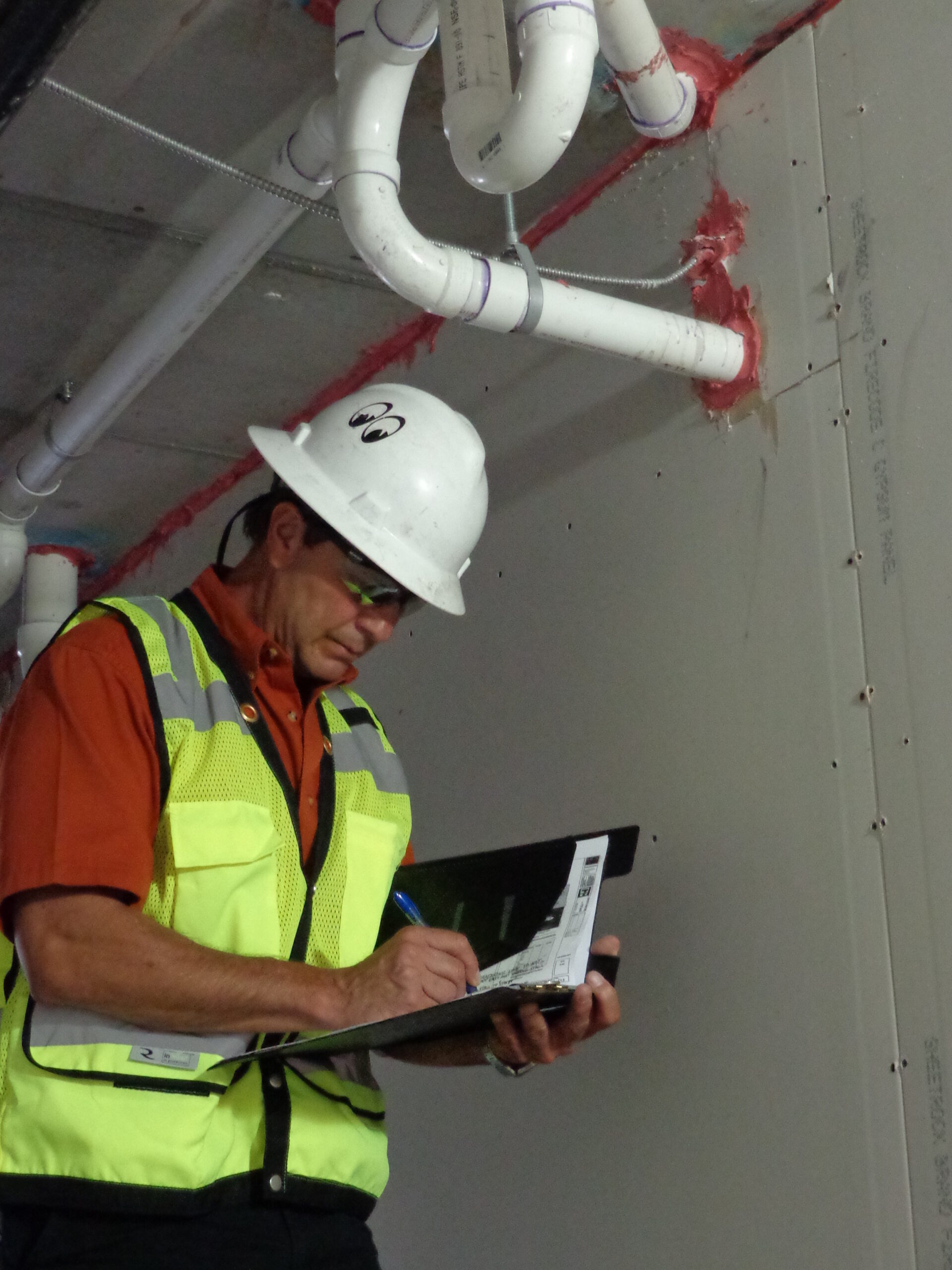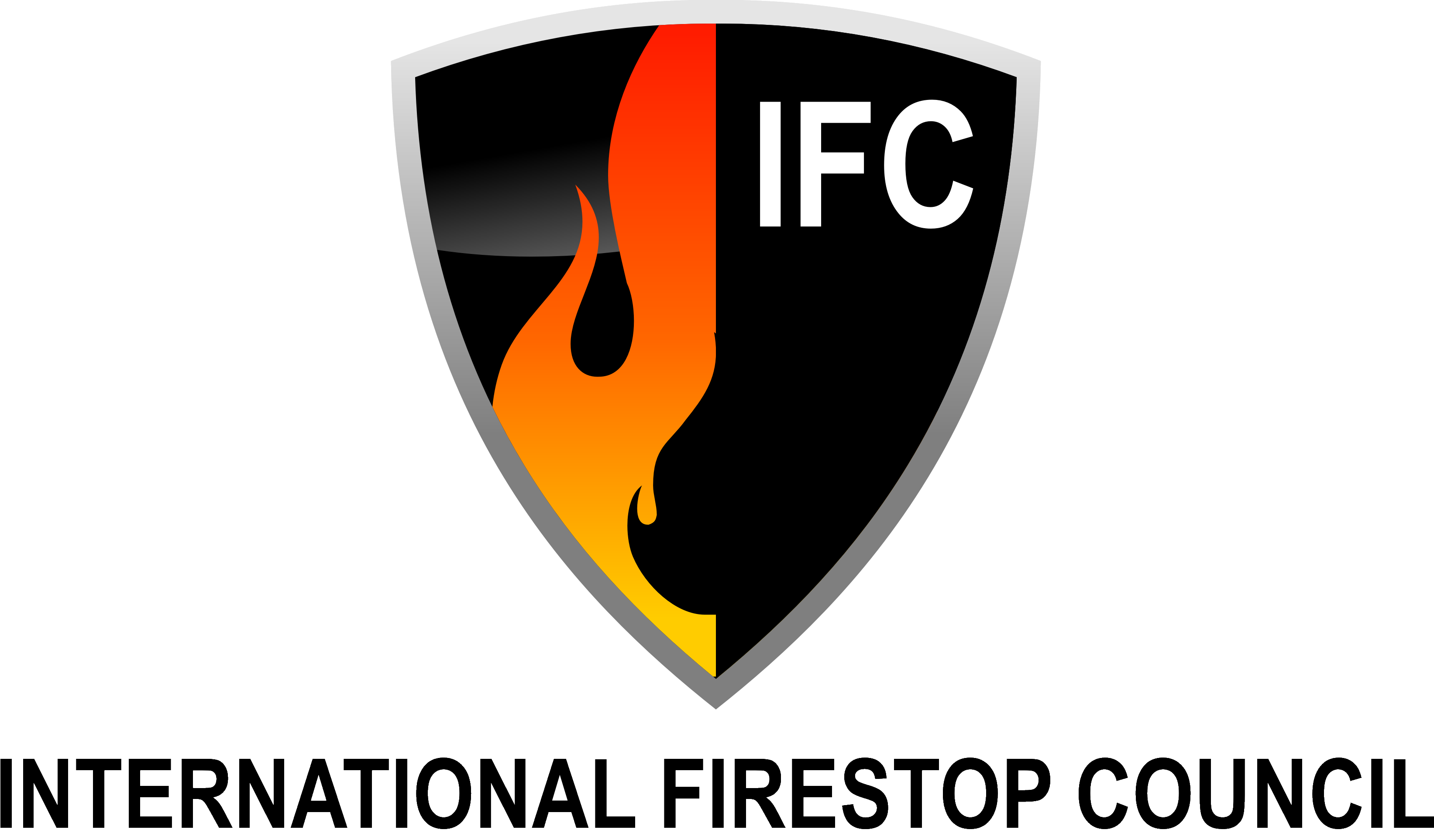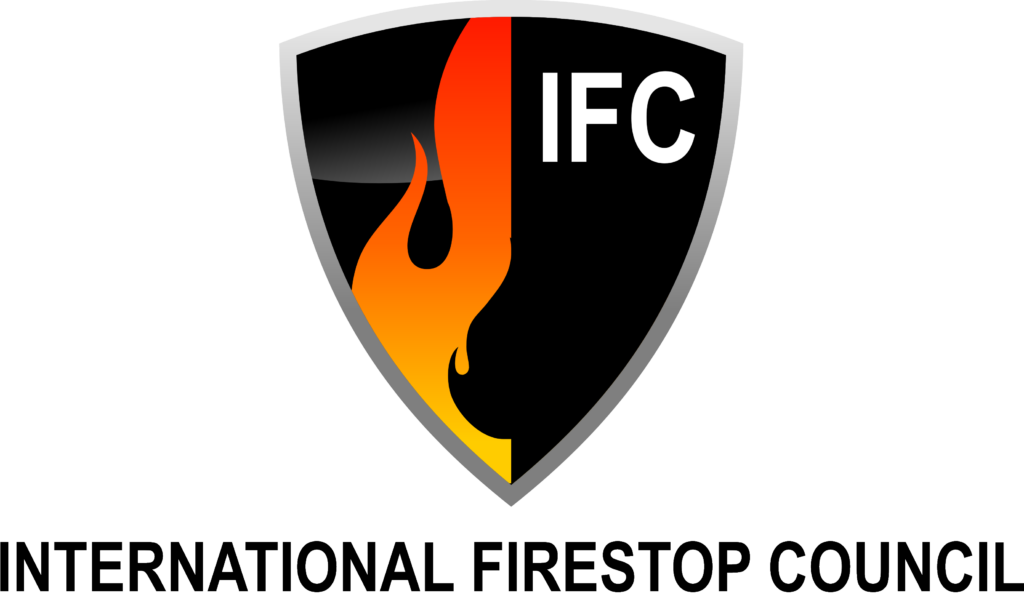Special Inspector Qualifications
What does your jurisdiction require?

Does Your Jurisdiction Require Training for Local/Regional 3rd-Party Firestop Special Insepctors?
Download this summary document explaining why the IFC firestop special inspection education and examination program is unmatched in providing a thorough, accurate and fair evaluation of the competence of proposed firestop special inspectors.
Building Inspector – Requirements Per CH.17 IBC 2012 and Later Editions
Building Inspector – Requirements Per CH.17 IBC 2012 and Later Editions
Has your jurisdiction adopted IBC 2012, 2015, or 2018? Then you are likely aware of the firestop special inspection requirement in Chapter 17. To view the IFC’s archived 50-minute webinar that fully explains the IBC firestop special inspection requirements. IFC Special Inspection 2012 IBC requirements webinar – YouTube.
Many areas having adopted IBC 2012/2015/2018 are lacking personnel with the competence required to conduct a knowledgeable and competent special inspection to ASTM standards E2174 and E2393. A poor 3rd party inspection can be worse than no inspection at all – passing installations that just won’t work in the event of a fire, and reporting proper but unusual firestop installations as “fails.”
The IFC can help. We offer an online, self-paced, free education program for people desiring to do firestop special inspection work, or who already do some firestop special inspection work and want to formalize and complete their knowledge. An overview of the online program is here: https://firestop.org/overview/ .
Taking and passing a comprehensive online (proctored) examination after the studies will result in a certificate from the IFC attesting to the person’s knowledge. Certificate holders can be found here: https://firestop.org/overview/certificate-holders/. The list of special inspectors published by the International Firestop Council is a listing of those individuals (not companies) who have completed the “IFC recommended Training and Education for Third-Party Firestop Inspectors” program, and have passed the proctored end-of-study exam. This program is formally recognized as providing suitable and sufficient firestop knowledge by
- IAS Accreditation Criteria AC291,
- ASTM standard E3038,
- The HCAI (formerly OSHPD) government agency in California,
- The UAE Building Code,
- As well as by countless US jurisdictions in which special inspectors are being required for firestopping.
By requiring or at least encouraging those seeking AHJ approval for firestop special inspection to possess the IFC special inspector certificate, you can help to build a pool of locally available inspectors in whom you can have confidence, thus helping you to apply and enforce the 2012/2015/2018/2021/2024 IBC firestop special inspection requirements.
All that you as the AHJ need to do to enforce the special inspection requirements is require that the owner’s representative provide the special inspection report, as mandated by the code. This alleviates to a certain degree the need for the AHJ to have the in-depth knowledge needed to thoroughly inspect the penetration, joint, and building perimeter firestops. It also frees up time for the AHJ, knowing that the special inspection agency will be conducting a very detailed and extensive inspection of these features.
IBC Firestop Special Inspection Requirements
1705.17 Fire-resistant penetrations and joints. In high-rise buildings or in buildings assigned to Risk Category III or IV, special inspections for through-penetrations, membrane penetration firestops, fire-resistant joint systems and perimeter fire barrier systems that are tested and listed in accordance with Sections 714.3.1.2, 714.4.2, 715.3 and 715.4 shall be in accordance with Section 1705.17.1 or 1705.17.2.
1705.17.1 Penetration firestops. Inspections of penetration Firestop systems that are tested and listed in accordance with Sections 714.3.1.2 and 714.4.2 shall be conducted by an approved agency in accordance with ASTM E 2174.
1705.17.2 Fire-resistant joint systems. Inspections of penetration Firestop systems that are tested and listed in accordance with Sections 714.3.1.2 and 714.4.2 shall be conducted by an approved agency in accordance with ASTM E 2174.
1704.2 Special inspections and tests. Where application is made to the building official for construction as specified in Section 105, the owner or the owner’s authorized agent, other than the contractor, shall employ one or more approved agencies to provide special inspections and tests during construction on the types of work specified in Section 1705 and identify the approved agencies to the building official. These special inspections and tests are in addition to the inspections by the building official that are identified in Section 110.



